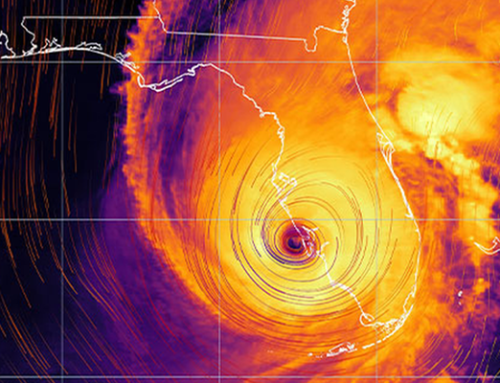Source: RSM US LLP.
TAX ALERT |
On July 6, 2020, the IRS released FAQs providing guidance to health care providers with respect to the taxability of payments received from the Coronavirus Aid, Relief, and Economic Security Act (CARES Act) Provider Relief Fund.
Background
The recently enacted CARES Act appropriated funds to establish the Public Health and Social Services Emergency Fund (Provider Relief Fund) to reimburse eligible health care providers for health care-related expenses or lost revenues attributable to the COVID-19 pandemic. With no guidance governing the taxability of such payments, numerous providers questioned whether the payments were subject to tax.
Guidance
The FAQs specifically address the tax treatment of payments made from the Provider Relief Fund to health care providers:
- Health care providers receiving payments from the Provider Relief Fund may not exclude the payments from their taxable income as qualified disaster relief payments under section 139. The payments are therefore includible in gross income under section 61.
- Tax-exempt health care providers generally are not subject to tax on payments received from the Provider Relief Fund, unless the payment reimburses the provider for expenses or lost revenue attributable to an unrelated trade or business as defined in section 513.
This article was written by Alexandra Mitchell, Morgan Souza and originally appeared in the 2020-07-07.
2020 RSM US LLP. All rights reserved.
https://rsmus.com/what-we-do/services/tax/federal-tax/irs-issues-faqs-on-provider-relief-payments-made-under-the-cares.html
The information contained herein is general in nature and based on authorities that are subject to change. RSM US LLP guarantees neither the accuracy nor completeness of any information and is not responsible for any errors or omissions, or for results obtained by others as a result of reliance upon such information. RSM US LLP assumes no obligation to inform the reader of any changes in tax laws or other factors that could affect information contained herein. This publication does not, and is not intended to, provide legal, tax or accounting advice, and readers should consult their tax advisors concerning the application of tax laws to their particular situations. This analysis is not tax advice and is not intended or written to be used, and cannot be used, for purposes of avoiding tax penalties that may be imposed on any taxpayer.
RSM US Alliance provides its members with access to resources of RSM US LLP. RSM US Alliance member firms are separate and independent businesses and legal entities that are responsible for their own acts and omissions, and each are separate and independent from RSM US LLP. RSM US LLP is the U.S. member firm of RSM International, a global network of independent audit, tax, and consulting firms. Members of RSM US Alliance have access to RSM International resources through RSM US LLP but are not member firms of RSM International. Visit rsmus.com/aboutus for more information regarding RSM US LLP and RSM International. The RSM(tm) brandmark is used under license by RSM US LLP. RSM US Alliance products and services are proprietary to RSM US LLP.



